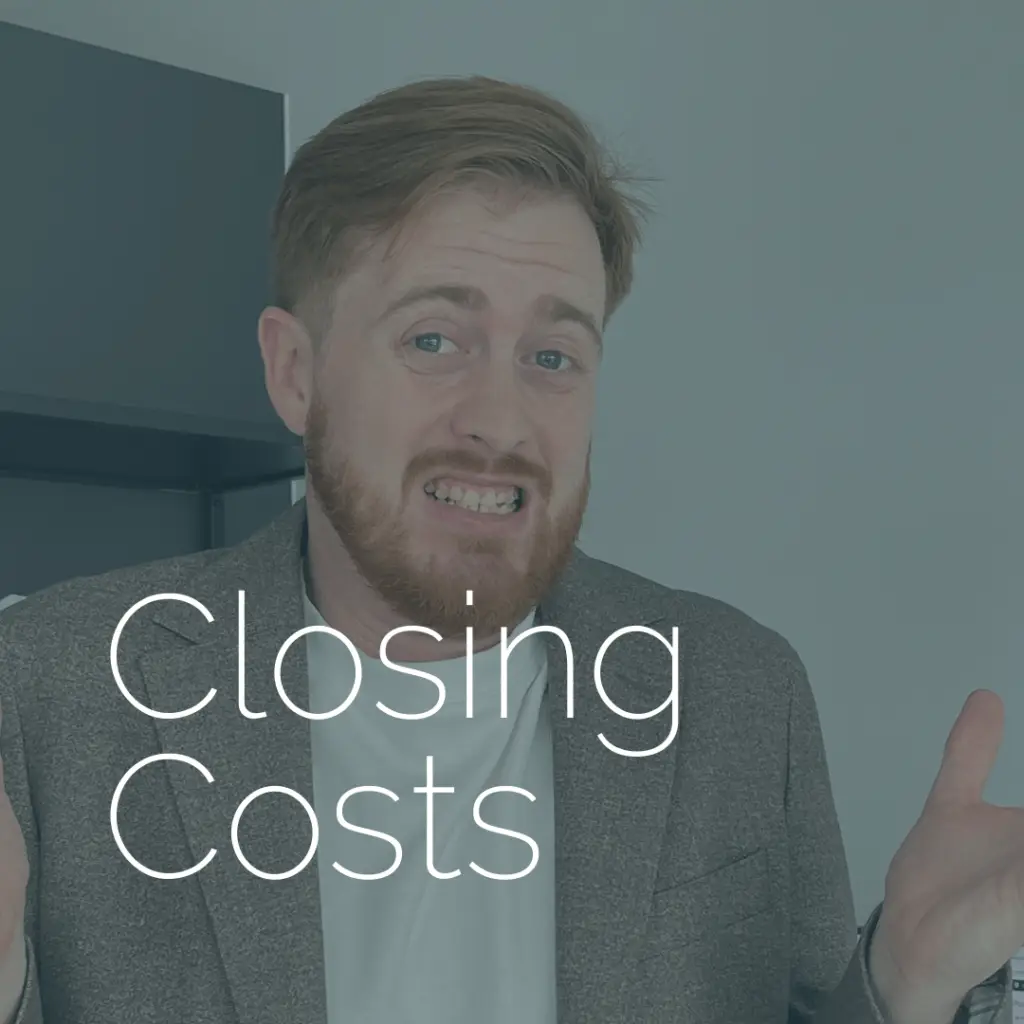Get a Mortgage After Buying a Business in Canada
Buying a business doesn’t mean you have to delay homeownership. With the right documents, strategy, and lender, many new business owners in Canada can still get approved for a mortgage—even without two years of income history.


